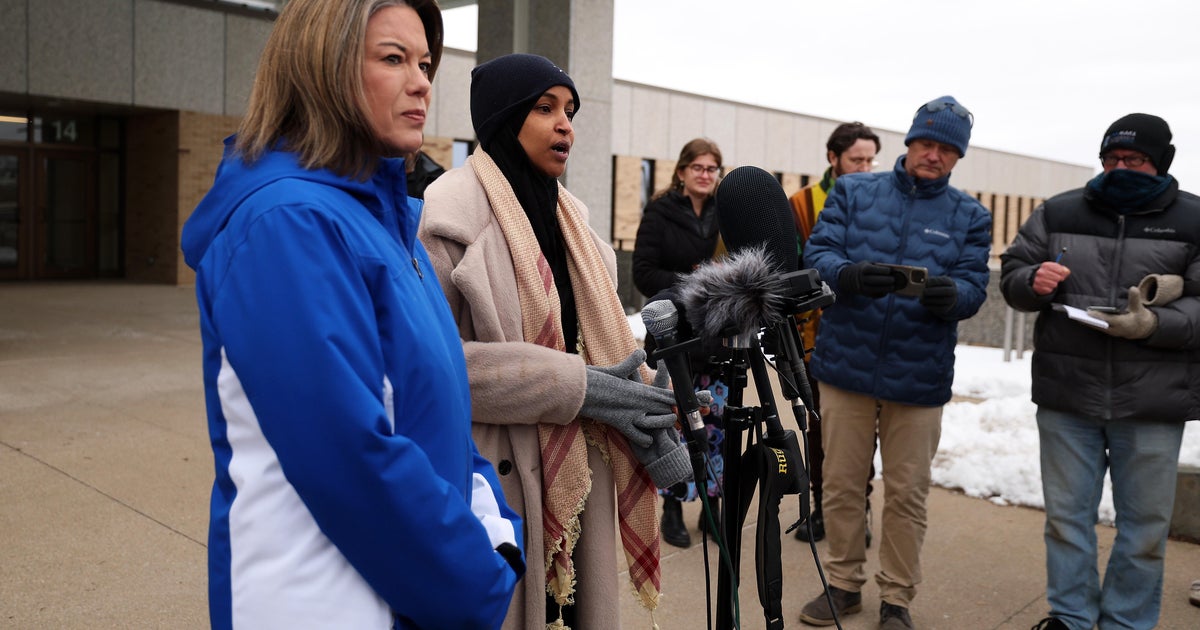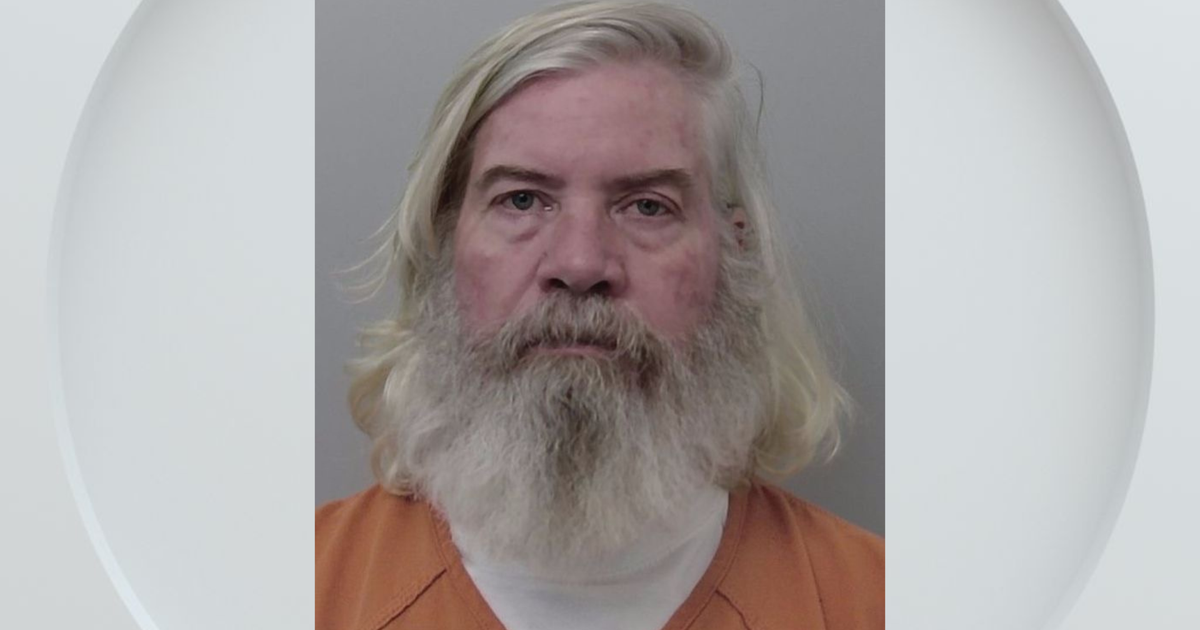Texas Mom Wants To Change Way Medical Decisions Are Made After Losing Son
DALLAS (CBSDFW.COM) -- The Payton Summons case has brought back painful memories for a Houston-area mother. Evelyn Kelly fought a similar battle to maintain medical treatment for her son; now she's hoping to change the law that lets doctors refuse treatment in some cases.
Summons died October 19, as her mother waged a court battle against Cook Children's Medical Center. Doctors there had declared the 9-year-old brain dead and wanted to disconnect her from a ventilator. Summons' mother won a temporary injunction against the hospital as she searched for another facility to take her daughter. The girl died days hours after a judge had extended the restraining order to keep her on life support for another few days.
Evelyn Kelly's battle began back in 2015. "He was my oldest son and he was my best friend," said Kelly. Chris Dunn, 46, had arrived at Houston Methodist Hospital intubated and medicated, with a massive tumor on his pancreas putting pressure on his organs.
Doctors put Dunn on a breathing tube but told Kelly they had done all they could. Kelly says they handed her a letter explaining that they were invoking the Texas Advance Directives Act. It said in part, "life-sustaining treatment is medically inappropriate for Chris... all treatments should be... withheld."
"I said 'who gives you the right to kill my son?'" said Kelly. "And he said 'oh Miss Kelly we don't call it killing - we call it comfort care.'"
Kelly hired an attorney and won a restraining order against the hospital, which agreed to continue treating Dunn. He died five weeks later. "When he passed on, I said... I'll do everything and anything I can to fight this law to get it changed, so nobody else has to go through this."
The 1999 law says "if an attending physician refuses to honor a patient's advance directive or a treatment decision made on behalf of a patient, the physician's refusal shall be reviewed by an ethics committee."
If the committee agrees with the doctor, the family has ten days to transfer the patient to another facility. After that, the hospital is "not obligated to provide life-sustaining treatment." Few hospitals will admit a patient once another facility says continuing treatment is inappropriate.
The National Right to Life Committee monitors these laws nationwide. According to the group, 48 states give hospitals the right to refuse treatment. Of those, 28 require doctors to continue care until patients can find another facility. Only two states set a deadline for that search: Virginia and Texas.
"Criminals on death row have greater rights than patients in Texas hospitals," said Joe Nixon, Kelly's attorney. He says the current state law does not give a patient due process. "The hospital can simply decide we don't want to provide care anymore. That's what makes this statute so unconstitutional."
Texas Attorney General Ken Paxton agrees. He filed a brief in October 2016 which says in part:
"Section 166.046 provides no guarantee that the patient or person responsible will receive notice about why or how the physician made the decision to discontinue life-sustaining treatment, or what information the ethics or medical committee will consider in reviewing that decision. Without such information, the patient or person responsible will find it difficult, if not impossible, to formulate reasoned objections to the physician's decision."
Dr. Bob Fine of Baylor Hospital helped write the 1999 law. He's been quoted as saying "it's wrong to do something to a patient only for the benefit of the family." Neither he nor Baylor would talk about the law with the I-Team. Eight other hospitals and medical experts also declined to discuss the issue.
"I think it's complicated," said Dr. Matthew Brown. Brown is the director of the Center of Medical, Science and Technology at UT Dallas. He says the law may not be perfect, but it's necessary. "The expertise of the doctors and nurses may be ignored and really the welfare of the patient can be harmed" if families are allowed to dictate treatment over the advice of experts, says Brown.
Kelly's lawsuit is currently pending in a court of appeals in Harris County. She says her fight won't end until the law does. "This law will be destroyed one day. I hope it's soon, for all these people who are coming up behind Payton."







